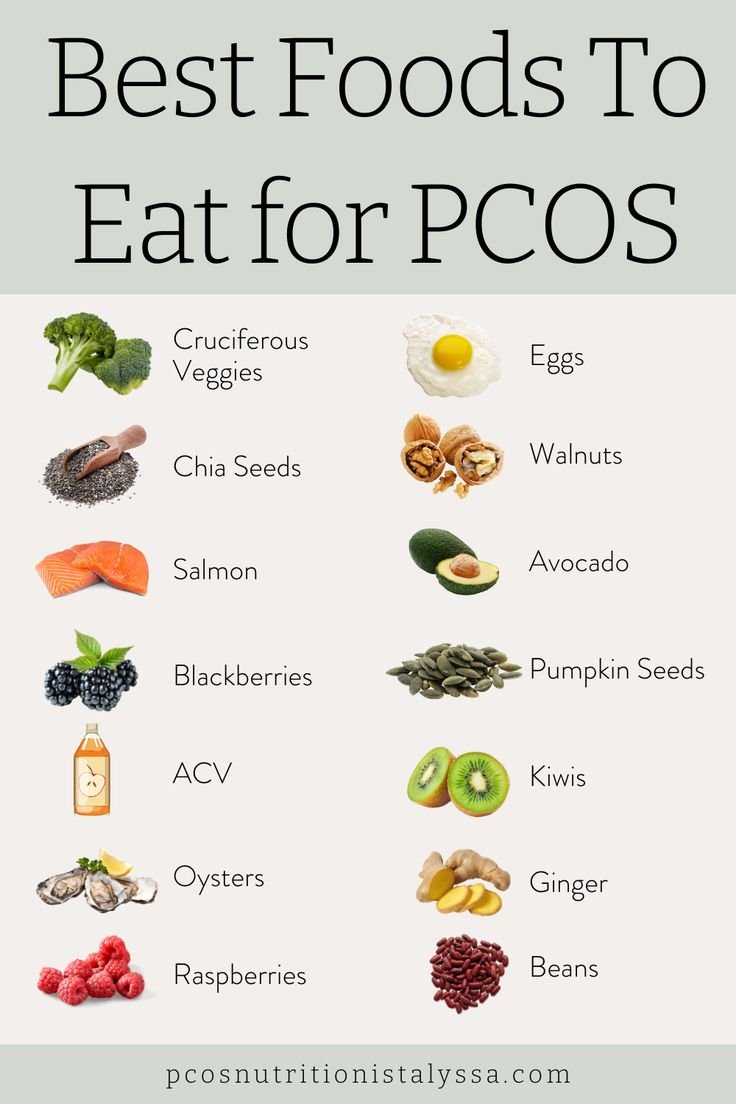
Polycystic ovary syndrome (PCOS) is a medical condition that occurs due to imbalanced hormones. 1 in 10 women suffer from this issue as it is one of the common issues concerning women.

Symptoms of PCOS
Polycystic Ovary Syndrome (PCOS) manifests through a range of symptoms that can significantly impact a woman’s reproductive health and overall well-being. Common symptoms include irregular menstrual cycles, characterized by infrequent or prolonged periods, as well as excess androgen levels leading to symptoms such as acne, hirsutism (excessive hair growth), and male-pattern baldness. Additionally, women with PCOS may experience weight gain, difficulty losing weight, and insulin resistance, which can increase the risk of type 2 diabetes.
Causes of PCOS
The exact cause of PCOS is not known to anyone but it is predicted that it may be due to family background, genes, or one’s lifestyle. The term ‘polycystic ovary syndrome’ implies that the issue primarily involves the ovaries and the possibility of having numerous cysts on them.

Treatment of PCOS
About 12 percent of women population are affected by this issue but there are ways which can minimize or manage this issue:
- Lowering calorie Intake: The calories we consume have a great impact on our glucose and insulin levels. If we lower our insulin, it will help us deal with infertility issues.
- Manage your Stress: Managing stress is super important when dealing with PCOS because it can worsen it otherwise.
- Weight loss: The connection between weight and PCOS is quite intricate. It is confusing whether higher body fat causes PCOS or if PCOS contributes to weight gain. However, what they do know is that shedding weight, staying active, and following a nutritious diet are extremely helpful in dealing with the symptoms of PCOS. Weight gain leads to issues like High BP causing heart issues, sleep apnea and fatty liver disease.
- Diet: A balanced and nutritious diet aids in hormone balancing that are imbalanced due to PCOS. It is an important food full of nutrients

Managing PCOS involves a multifaceted approach aimed at addressing its various symptoms and reducing long-term health risks. Lifestyle modifications such as adopting a balanced diet, engaging in regular physical activity, and maintaining a healthy weight can help improve insulin sensitivity and regulate menstrual cycles. Medications may be prescribed to manage specific symptoms, such as hormonal contraceptives to regulate menstrual periods and reduce androgen levels, or medications to improve insulin sensitivity. In cases where fertility is a concern, fertility medications or assisted reproductive technologies may be recommended.
Regular monitoring and follow-up with healthcare providers are essential for women with PCOS to tailor treatment plans based on individual needs and to address any potential complications promptly. With appropriate management strategies, women with PCOS can effectively control symptoms, improve their overall health, and enhance their quality of life.





